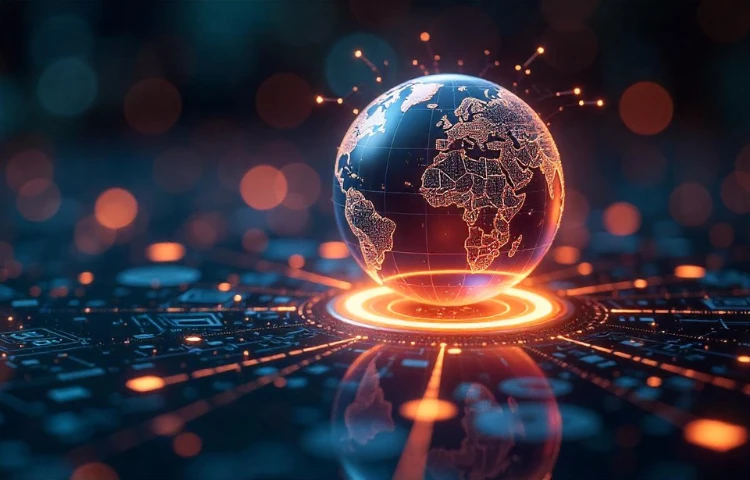

Prefer to listen instead? Here’s the podcast version of this article.
The AI landscape continues to evolve at a rapid pace, marked by significant developments from industry leaders and shifting global dynamics. From OpenAI’s updated risk assessment protocols to Nvidia’s financial hit from U.S. export restrictions, the latest headlines offer a glimpse into the technological, ethical, and geopolitical forces shaping the future of artificial intelligence. Here’s a curated roundup of the most impactful stories currently influencing the AI ecosystem.
OpenAI has updated its “Preparedness Framework” to better assess risks like self-replication, concealment of capabilities, and evasion of shutdowns. Notably, the company will no longer evaluate models based on their persuasive abilities, a shift that has drawn criticism from former employees who argue it weakens safety standards. CEO Sam Altman defended the changes, stating they aim to address the most severe risks posed by advanced AI systems. [Axios]
The U.S. government has imposed new restrictions on Nvidia’s export of advanced AI chips to China, including the H20 model. This move is expected to cost Nvidia $5.5 billion, as Chinese tech giants had placed significant orders for these chips to power AI initiatives. In response, Nvidia plans to invest up to $500 billion over the next four years to build AI supercomputers within the U.S. [Latest news & breaking headlines]
Anthropic is set to add voice capabilities to its AI assistant, Claude, with a limited release expected this month. The new feature will include three voice options, enhancing user interaction. Additionally, Claude now offers a “Research” feature for web and internal document searches, along with integration into Google Workspace. [PYMNTS.com]
Google announced several AI innovations: [TechRadar]
These developments underscore Google’s commitment to integrating AI across its services.
A global survey of over 4,000 AI researchers indicates that 54% believe AI will bring more benefits than risks, compared to just 13% of the UK public. While researchers are optimistic, they share public concerns about AI’s role in misinformation and data privacy. Notably, 65% of researchers advocate for explicit user consent before using personal data to train AI models. [Nature]
As AI technologies advance and their influence deepens across industries, staying informed on regulatory shifts, ethical considerations, and breakthrough innovations is more important than ever. The developments highlighted here reflect both the promise and the complexity of steering AI toward a future that is safe, equitable, and beneficial for all. Whether you’re an industry professional, a policymaker, or simply an enthusiast, keeping a pulse on these trends is key to understanding where AI is headed—and how we can shape that direction responsibly.
WEBINAR